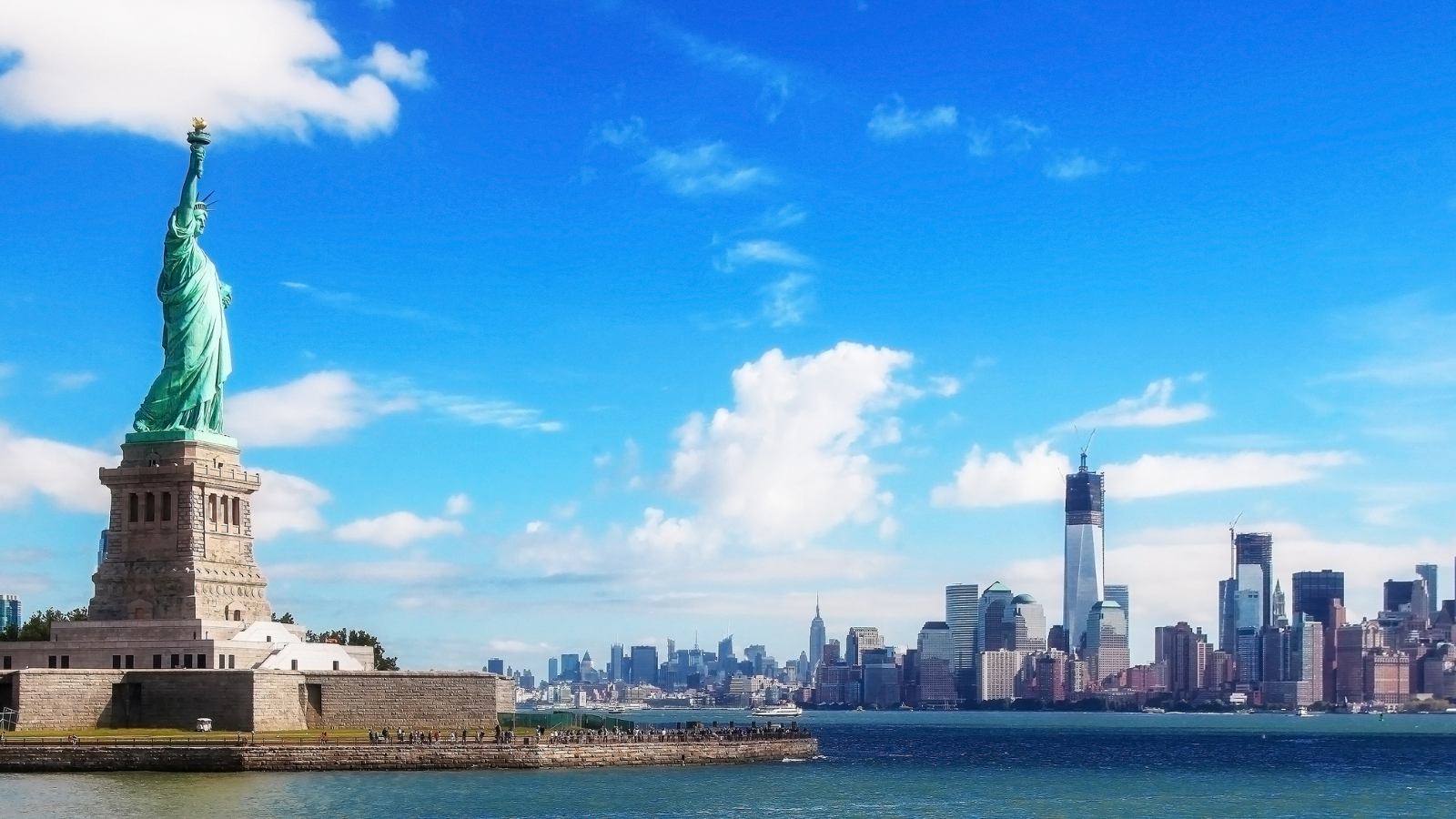Baltimore Bridge Collapse Has Quick Updates
In Baltimore, officials have quickly established a temporary shipping route around the Francis Scott Key Bridge collapse site to resume port operations. This action is crucial for trade and goods movement in the port, and marks a significant step towards reopening the Port of Baltimore. The first section of the collapsed bridge was removed from the Patapsco River recently, indicating progress in clearing the wreckage.
Maryland Governor Wes Moore has emphasized the national economic implications of this disaster. Meanwhile, Baltimore Mayor Brandon Scott is addressing misinformation related to the collapse. A temporary channel for essential marine traffic has been set up, offering a controlling depth of 11 feet and clearances for navigation.
Due to this incident, Royal Caribbean is rerouting some cruises to Norfolk, Virginia, providing compensation and shuttle transportation for affected passengers. Upcoming cruises will operate from Norfolk with plans to return to normal itineraries post-maintenance.
This incident has also brought attention to the state of infrastructure in Maryland. The state ranks 39th in the U.S. for structurally deficient bridges, with significant repairs needed on many. In response, Maryland lawmakers are introducing legislation to support those affected by the bridge collapse and expedite rebuilding efforts.
Interestingly, despite the magnitude of this event, former President Donald Trump has been notably silent, drawing criticism for his lack of response. Meanwhile, President Joe Biden plans a visit to Baltimore, with a focus on the swift recovery of the port.
A local Baltimore baker had a narrow escape, driving over the bridge just before its collapse without realizing the incident due to his loud car radio. This anecdote highlights the sudden and unexpected nature of the disaster.
Read more at The Independent >
WHY IS THIS IMPORTANT?
In the transportation and logistics industry, the collapse of the Francis Scott Key Bridge in Baltimore is a significant event for several reasons:
Disruption of Major Trade Route: The bridge collapse has a direct impact on the flow of goods and trade, especially since the Port of Baltimore is a key hub in the supply chain network. The temporary shipping route is a crucial workaround, but it may not fully compensate for the efficiency and capacity of the original route.
Infrastructure Vulnerability: This incident brings into sharp focus the vulnerability of transportation infrastructure. Maryland's ranking as 39th in the U.S. for structurally deficient bridges is a concern for the logistics industry, as it underscores the potential risks in other critical transport routes.
Impact on Shipping and Cruise Lines: The rerouting of Royal Caribbean cruises to Norfolk, Virginia, is a direct example of how such incidents can affect logistical planning and customer experience. This could lead to increased costs and operational challenges for shipping and cruise lines.
Legislative and Government Response: The response from local and federal government, including the visit from President Biden and new legislation, highlights the importance of this infrastructure to the national economy. This attention may lead to more robust infrastructure investment, which could benefit the logistics industry in the long run.
🔥 OUR HOT TAKE?
The collapse of the Francis Scott Key Bridge is a stark reminder of how critical infrastructure is integral to the efficiency and reliability of the logistics network. This event is not just a local issue but a national wake-up call, emphasizing the need for significant investment in infrastructure maintenance and improvement. It also demonstrates the importance of having contingency plans and flexible logistics strategies to quickly adapt to such unforeseen disruptions. This incident could catalyze a broader discussion and action towards enhancing the resilience and sustainability of the nation's transportation infrastructure.
The House Freedom Caucus is shaking things up with their demands for funding the reconstruction of Baltimore's Francis Scott Key Bridge.
President Joe Biden is set to get a close-up view of the recovery efforts at the collapsed Francis Scott Key Bridge in Baltimore, where a massive operation involving cranes, ships, and diving crews is underway.
In Baltimore, officials have quickly established a temporary shipping route around the Francis Scott Key Bridge collapse site to resume port operations.
After the recent collapse of the Francis Scott Key Bridge in Baltimore due to a container ship collision, resulting in six deaths, President Biden announced the federal government's commitment to fully fund the bridge's reconstruction.
The Francis Scott Key Bridge near Baltimore collapsed early Tuesday morning after a huge container ship hit one of its pillars.
A recent federal audit of Boeing revealed more than thirty deficiencies in the company's operations, triggered by an incident where an air panel blew off an Alaska Airlines plane mid-flight.
In January, Boeing saw a decline in aircraft orders and deliveries following a midflight incident involving a fuselage panel on one of its 737 Max 9s.
Boeing is facing yet another hiccup in its production of 737 Max jets.
United Airlines is reconsidering its fleet plans involving the Boeing 737 Max 10 due to a series of delays and recent grounding issues.
The National Transportation Safety Board has located the plug covering an unused exit door that blew out minutes into an Alaska Airlines flight.
A small trucking company, Elshaddai Truckers and Logistics, found themselves staring at a hefty bill for a tow job when one of their box trucks gave out on the busy southbound stretch of I-75 in Henry County, Georgia.
A Reuters report highlights Tesla's alleged negligence in addressing known defects in its vehicles, including suspension and steering systems, and making customers pay for repairs.
Los Angeles' Interstate 10, which had been closed for over a week due to an arson fire, reopened ahead of schedule.
The federal government plans to allocate over $16 billion to enhance the Northeast Corridor, the busiest rail line in the country, connecting cities like Washington, New York, and Boston.
A significant portion of the Green Line Extension in Massachusetts needs track repairs due to narrowness issues, with 50% of the Union Branch tracks and around 80% of the Medford/Tufts Branch tracks requiring widening.
The incident involving a fire on a cargo ship carrying electric vehicles highlights potential insurance challenges and setbacks for the EV revolution.
Florida Governor Ron DeSantis signed a bill allowing the study of phosphogypsum in road construction, overturning a federal prohibition under the Trump administration but reinstated by Biden's EPA.
In their commentary published in The Baltimore Sun, Samuel Jordan, Eric Norton, and Michael Scepaniak criticize Baltimore's new regional transportation plan, Resilience 2050, for perpetuating an automobile-centric approach.
Kodiak Robotics is leading the pilot of the Commercial Vehicle Safety Alliance's new protocol for autonomous trucks called the Enhanced Commercial Motor Vehicle Inspection Standard program.
Ryder System has launched Torque by Ryder, a mobile maintenance service that offers on-site repairs for fleets with no long-term contract.
As the trucking industry explores electric vehicles, maintenance shops face the challenge of upskilling workers to handle the complexities of EV powertrains.
Ryder, a transportation solutions company, shares insights on its journey of integrating electric vehicles (EVs) into fleets.
The response to the crash and subsequent reconstruction of a section of Interstate 95 in Philadelphia showcased effective emergency management and public messaging.
Pennsylvania officials have revealed their plans to rebuild a collapsed section of Interstate 95 in Philadelphia.
Trucking sector expenses for parts and labor have shown signs of stabilization in the first quarter of 2023, according to a report from the American Trucking Associations (ATA)'s Technology & Maintenance Council and Decisiv Inc.
New York State Thruway Authority is investing $450 million in a project to revamp and modernize its 27 service areas by 2025, aiming to enhance the travel experience for truckers and other motorists.
The adoption of augmented reality (AR) in commercial vehicle maintenance has been slower compared to passenger car shops.
Experts argue that reforming outdated permitting laws is crucial for boosting the economy through investments in upgrading infrastructure and transitioning to green technologies.
The Southwest Florida coastline is set to receive thousands of truckloads of sand as beach restoration efforts continue, less than a year after governments in Lee and Collier counties spent millions on restoring the beaches from erosion.































The U.S. airline regulators are looking into an unusual incident where a part of a Boeing 737-800’s engine came loose during takeoff.